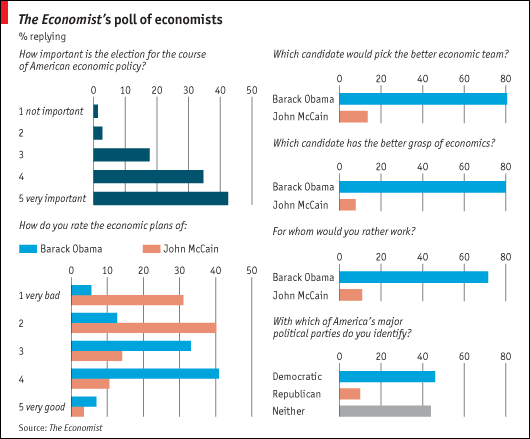Michael Lewis is a great journalist and author of several books that are highly recommended by Dan and I. “Moneyball” tells the story of the Oakland A’s, and how they used statistics and a novel view of baseball to win a lot of games on a small budget, as well as the story of Billy Beane, who went from a can’t miss, 4 tool prospect to an MLB bust, and then on to revolutionize baseball as manager of the A’s. “The Blind Side” explained the evolution of the left tackle in the NFL from an also-ran to one of the most important positions on the field, along with a lucid an excellent description of the evolution of passing offense, which sadly enough has apparently never been read by our beloved Chicago Bears. The book also featured Michael Oher, who was plucked from total obscurity to starting on Ole Miss, the only team that knocked off eventual NCAA champion Florida last season. For non-sports related items, Michael Lewis also wrote the famous book “Liars Poker” which explained the rise of bond trading at Salomon Brothers and is a Wall Street classic.
Recently Michael Lewis wrote an article on basketball that appeared in the NY Times magazine – to find the article go to the NY Times site and type in the title of the article in the search engine – “The No-Stats All-Star”.
In this article, Michael Lewis takes on basketball the same way he took on baseball and football, above. He is attempting to do what the best journalists do – tie in the “human element” with an original analysis of a complex topic. The key to Michael Lewis’ writing is that his human element actually matters and isn’t just fluff to glue the story together.
